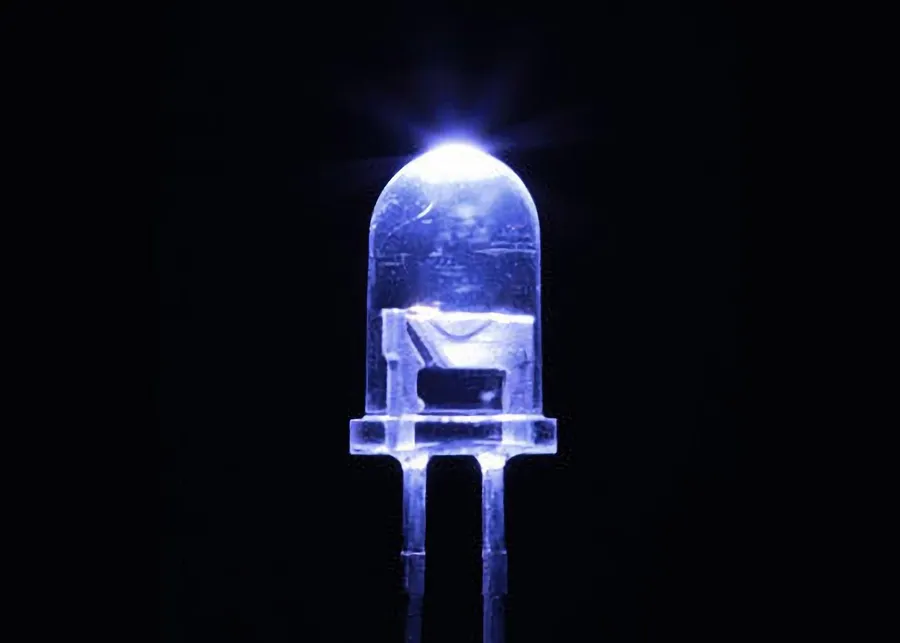Enceladus is the second moon of Saturn discovered by humans. One of its major features is that its surface is covered with a thick ice shell, also known as the “ice moon”. Since the 1980s, the international scientific community has discovered that Enceladus has a hidden subglacial ocean through space probes, and analyzed the ice particles it ejected from the ice cracks, and found that it contains carbon, hydrogen, and oxygen among the six basic elements of life. , nitrogen and sulfur, but phosphorus has not yet been found. Phosphorus is indispensable for DNA, biofilms, bones, etc. that make up organisms, so the international scientific community once believed that Enceladus may not be suitable for life.
Recently, a Chinese international scientific research team led by Hao Jihua has innovatively built a seawater-rock interaction model to simulate the seawater chemical environment of Enceladus.
“Phosphorus can only be bioavailable when it dissolves in water. Compared with the earth’s seawater, the seawater of Enceladus has high alkali content and no oxygen, and the composition is a bit like ‘soda water’.” Hao Jihua said that they found that in this “soda” In the “water” environment, the phosphorus-containing rocks in the core of Enceladus only need about 100,000 years to dissolve a lot of phosphorus into the seawater, and the ocean of Enceladus has existed for more than 100 million years, so it is inferred that it is rich in of phosphorus.
A few days ago, the international academic journal “Proceedings of the National Academy of Sciences” published the results. “This study reveals the habitable potential of life on Enceladus from a very novel perspective.” Journal reviewers believe that its method can also be applied to study the elemental composition of other planetary oceans and the origin of early life on Earth.




GIPHY App Key not set. Please check settings